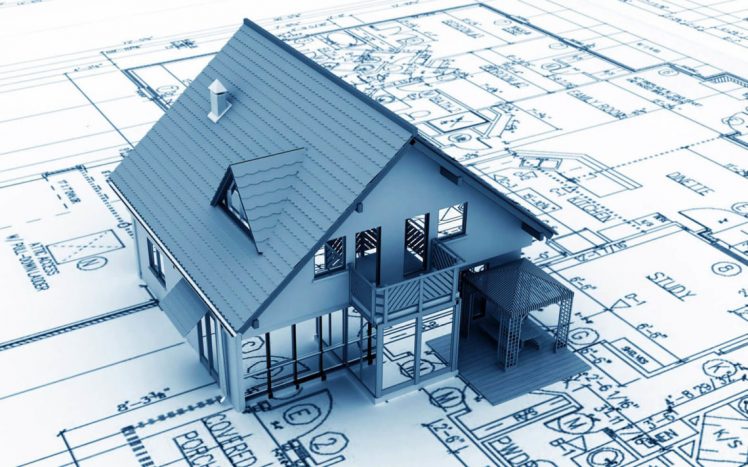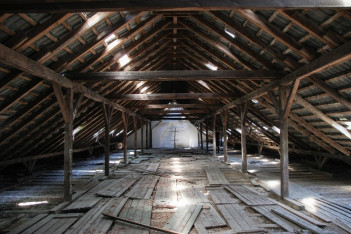I am Mariya Borevich, your personal lawyer. My primary goal is to help clients find optimal solutions to current legal issues, ensuring reliable protection of their interests. I specialize in family, civil, and military law, which allows me to effectively handle a variety of situations and cases. In family law, I provide support in resolving issues related to divorce, property division, establishing and challenging parental rights, alimony, and child custody. I understand that these matters are often emotionally complex, so I always strive to find the most delicate and fair solutions for all parties involved. In civil law, I assist in settling disputes related to contracts, property rights, compensation for damages, inheritance, and other issues concerning the protection of personal and property interests. Special attention is given to military law — supporting servicemen, protecting their rights and interests related to military service, social guarantees, and legal disputes. This area requires deep knowledge and understanding of the specifics of military service and the legislation regulating it.
The attic, located above the apartment, is the upper part of the building or house and can have different functional purposes.
There are several important aspects related to the attic above the apartment:
1. Functional purpose: The attic can be used to store various things, technical premises, additional premises for living or various communication systems (for example, heating, ventilation, power supply systems, etc.).
2. Access and zoning: Some attics have direct access from the apartment, while others may be accessible only through special entrances or stairs located on the floor below the attic.
3. Size and design: Lofts can have different sizes and designs, depending on the type of building and its architectural features.
4. Legal status: In some cases, the attic can be a separate object of real estate and have its own legal status, which is regulated by the legislation of the country or region.
5. Possibility of privatization: In some cases, the attic can be privatized and turned into the property of a particular owner of an apartment or house, if the law allows it.
In general, the attic above the apartment can be an important part of the building, which can have different functions and legal status.
Is it possible to privatize an attic, how to privatize an attic in Ukraine.
Privatization of the attic depends on the legislation of the country in which the real estate is located, and on specific conditions and circumstances. In many countries, attic privatization may be possible, but it may be limited or subject to certain conditions.
Here are some general thoughts on the possibility of privatizing the attic:
1. Legislation: Before starting the privatization process, it is important to check the relevant legislation governing the privatization of real estate. Some countries may have specific laws or regulations that apply to the privatization of attics.
2. Privatization conditions: Legislation may set conditions and restrictions for attic privatization, such as the technical condition of the building, compliance with building codes and regulations, ownership of the attic, and other circumstances.
3. Permits and documents: The privatization process may require obtaining permits and submitting relevant documentation to relevant bodies or institutions.
4. Technical aspects: Privatization may include a technical assessment of the attic, measurement of the area and assessment of the condition of the building.
5. Rights of other owners: If the attic is part of a joint ownership property or is part of a building with several apartments, privatization may be subject to the consent of all owners.
How much does it cost to privatize an attic.
The cost of privatizing an attic can vary significantly depending on various factors, such as the location, size of the attic, the complexity of the procedure, and the pricing policy of specialists or companies that provide privatization services.





























